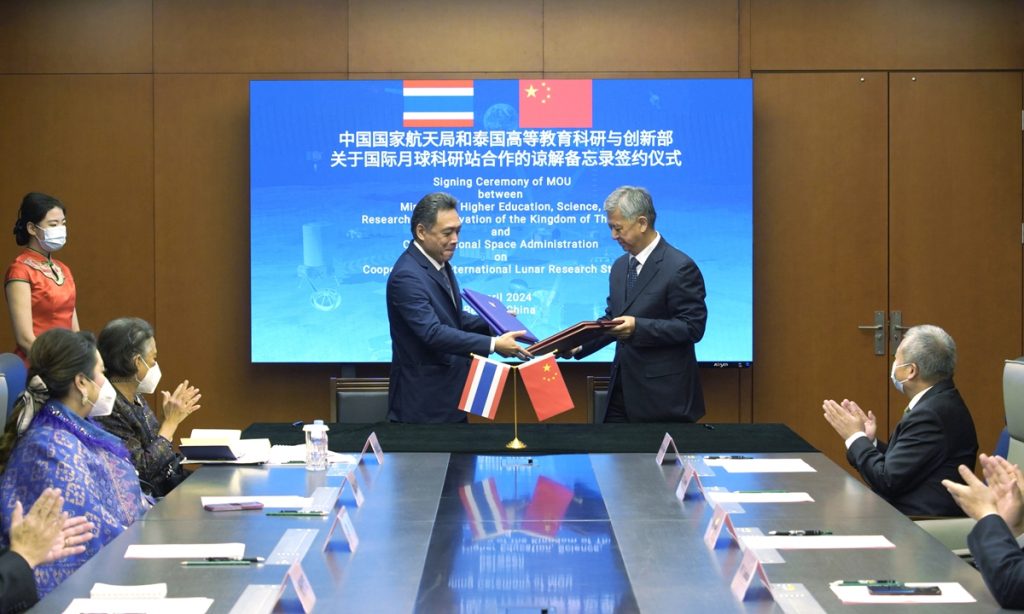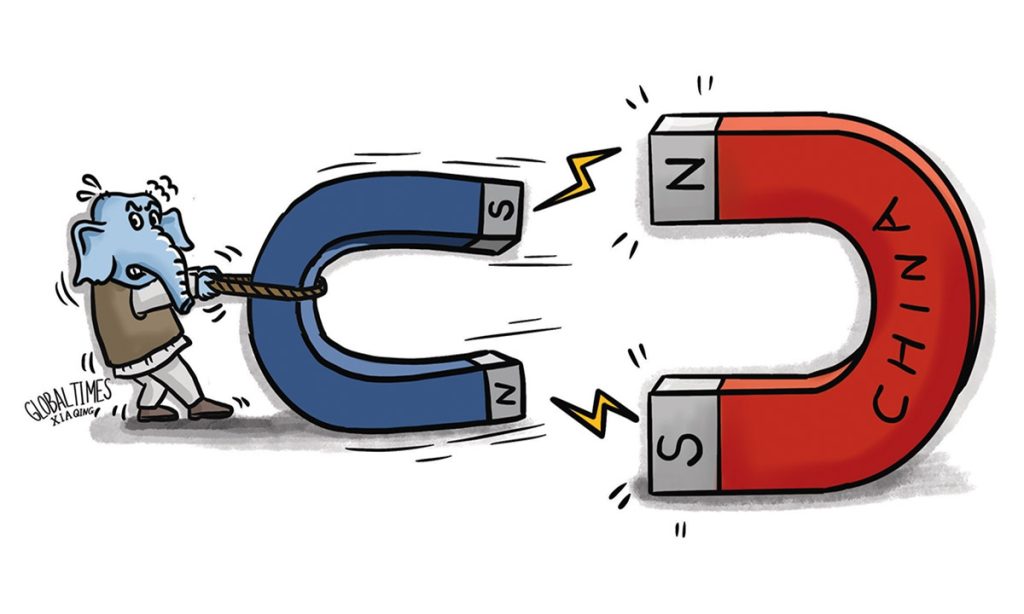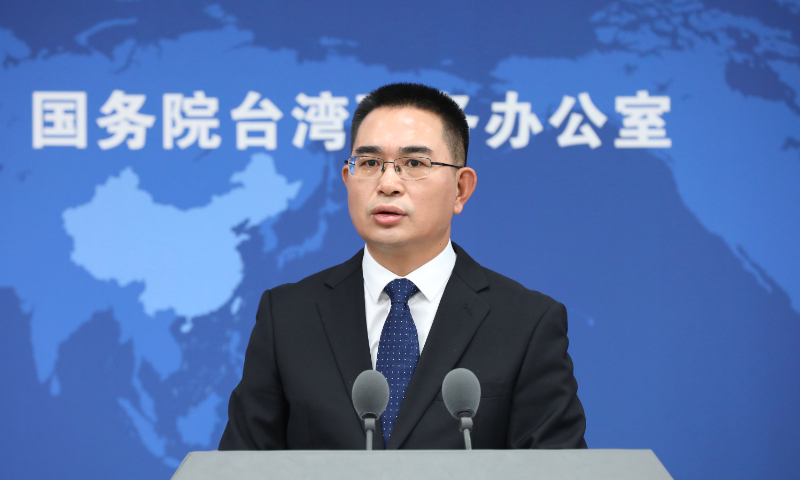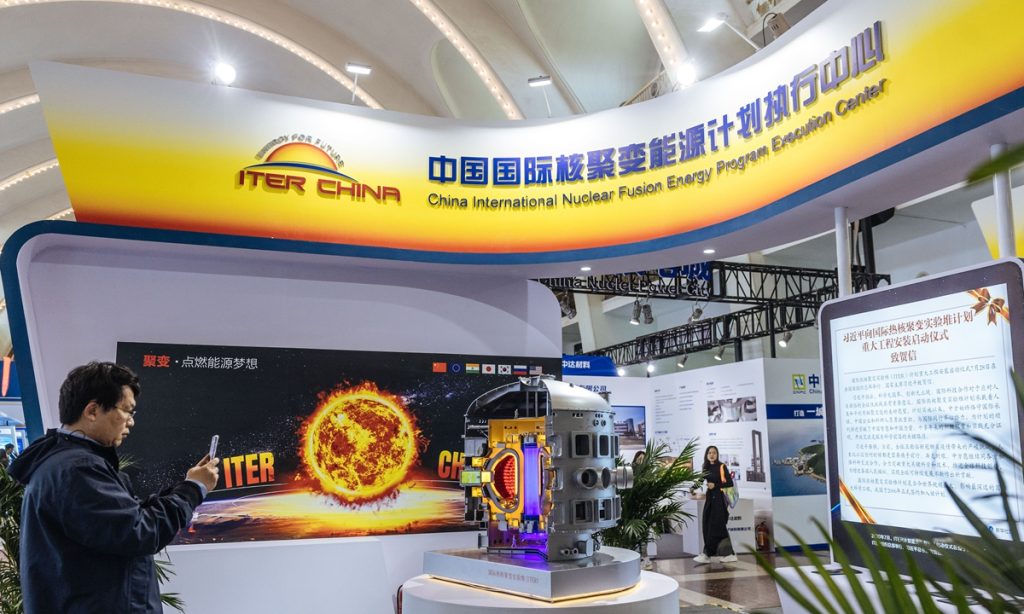China strives for development, intl cooperation of nuclear fusion to seek ultimate solution to power shortage
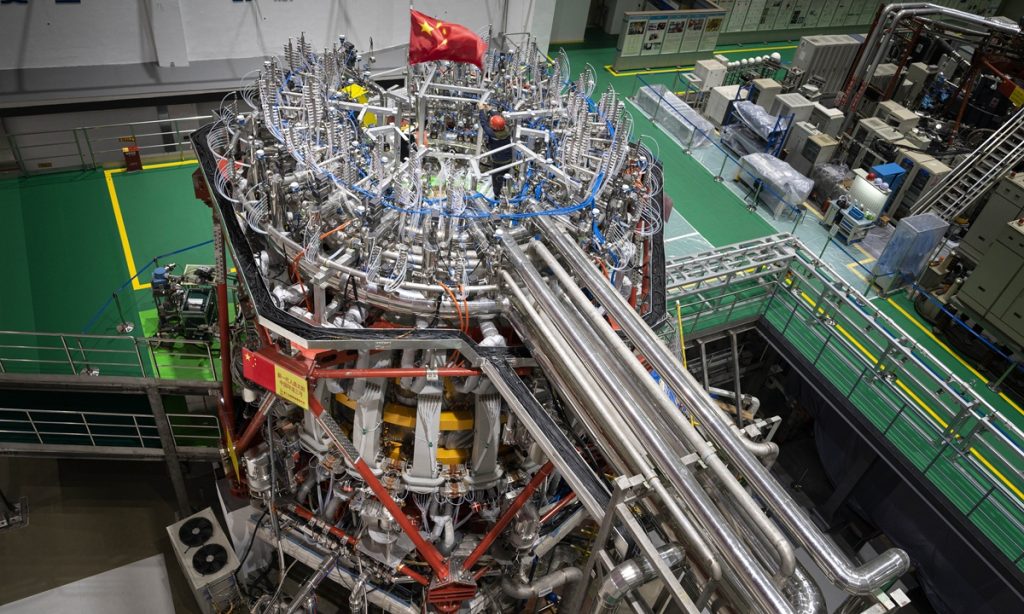
In March, the China National Nuclear Corporation (CNNC) announced it would open 10 of its nuclear technology research facilities and testing platforms, including China's new-generation "artificial sun" Huanliu-3 (HL-3) tokamak, to the world for the first time.
The move is expected to not only further enhance China's influence in nuclear science and technology globally, but also boost international cooperation in dealing with the energy crisis as the issue seemingly grows more and more urgent along with the rapid development of artificial intelligent (AI) in consideration of the technology's staggering energy consumption. Current AI technology could be on track to annually consume as much electricity as the entire country of Ireland (29.3 terawatt-hours per year), according to a report published in October 2023 in Joule magazine.
"Magnetic confinement nuclear fusion is a cutting-edge disruptive technology with outstanding advantages such as abundant resources, environmental friendliness, and inherent safety. It is currently recognized as one of the most important ways to ultimately solve global energy and environmental problems and promote the sustainable development of human society," Liu Zhonghua, deputy director of the Southwestern Institute of Physics (SWIP) under CNNC told the media during a group visit to the institute in late March.
The visit is part of CNNC's series of events to celebrate the 60th anniversary of the success of China's atomic bomb test in 1964 as well as the upcoming 70th anniversary of the establishment of the CNNC in January 2025.
China has set a "three-step" technological roadmap of "thermal neutron reactor, fast reactor, and controllable nuclear fusion reactor" for nuclear energy development. With the existing nuclear science and technology industrial system, it is believed that human beings can use controllable nuclear fusion energy in about 30 years, that is, by the middle of this century, the Global Times learned from CNNC.
The core temperature of the sun is approximately 15 million to 20 million degrees, while the metal materials on Earth will melt at around 1,000 degrees. The goal of China's construction of "artificial sun" is to build a device on Earth that can withstand temperatures of more than one million degrees.
Scientists at the SWIP are sparing no effort to realize the goal step by step. In the 1980s, the first-generation fusion platform HL-1 was built and it was the first national large-scale scientific engineering facility in the field of nuclear fusion in China; in the early 21st century, HL-2 was completed, laying a solid scientific and engineering foundation for the leap from principle exploration to large-scale device experiments in China's nuclear fusion research.
In 2020, the new-generation "artificial sun" HL-3 was successfully designed and built independently, becoming the largest and highest parameter advanced tokamak device in China with a total height of 8.39 meters and a diameter of 8 meters. The plasma ion temperature can reach 150 million C, which is 10 times the temperature of the core of the sun.
In August 2023, HL-3 realized high-confinement mode operation with a plasma current of one million amperes for the first time. The breakthrough puts the operational level of China's magnetic confinement nuclear fusion device at the forefront of the world. It also marks an important step forward in the research of high-performance nuclear fusion plasma operation.
In December 2023, CNNC announced the global opening of HL-3 to invite scientists worldwide to come to China and collaborate toward the shared goal of pursuing "artificial sun energy" after SWIP signed an agreement with the International Thermonuclear Experimental Reactor (ITER) and the development of future fusion reactors. HL-3 since then has become an important supporter to the construction and operation of ITER, the world's largest "artificial sun" project.
The next step of the "artificial sun" project is to gradually transit from the deuterium-tritium combustion experiment stage to the fusion reactor engineering and physical experiment stage, and finally realize the aim of building fusion power stations of demonstration and then the construction of commercial fusion power stations, according to CNNC.
According to Li Bo, a senior engineer at the SWIP, the energy released from the nuclear fusion reaction of one liter of deuterium extracted from seawater is equivalent to that released by 300 liters of gasoline. "To put it simply, if we were to burn coal to fuel a 1-million-kilowatt power plant for a year, it would require around 2 million tons, nearly 33,000 train cars of coal. However, if we use nuclear fusion, only 0.6 tons of materials, equivalent to a small pickup truck, would be sufficient," Li said.
Nuclear fusion energy can also be converted into power through more various methods, Xiao Guoliang, a researcher at the SWIP, told the Global Times. "Besides the traditional steam turbine power generation, the energy carried by the charged particles in the nuclear fusion reactor may also be directly extracted and converted into electricity through specific techniques such as magnetic fluids and plasma waves. With the advancement of technology, the utilization of nuclear fusion energy in the future can be more diverse and efficient," Xiao said.
As a technician at the SWIP, Wang Jin has personally debugged and installed tens of thousands of components on different generations of confinement nuclear fusion devices since 1996.
One of the most memorable things for him was in 2022, when he and other dozens of people fought on site to achieve the first 1 megampere discharge in China as soon as possible against the heat and power limit in summer. After more than a month of arduous preparation, this discharge parameter was successfully achieved.
Wang recalled that, once, he followed an experienced master to conduct a safety inspection of the device. The master walked to a piece of equipment and asked him, "Do you see anything different here?" He looked at that area but did not find anything different.
The master said, "Do you notice the crack in the paint under that screw?" Wang suddenly saw it. Through this incident, he said he felt that doing nuclear fusion work requires great care and patience.
When entering the installation of HL-3, Wang also had his own team of apprentices to lead them to accomplish greater achievements. Wang said, "I need to pass on our spirit. Only in this way can we constantly strive for excellence and do our job well and strong."

